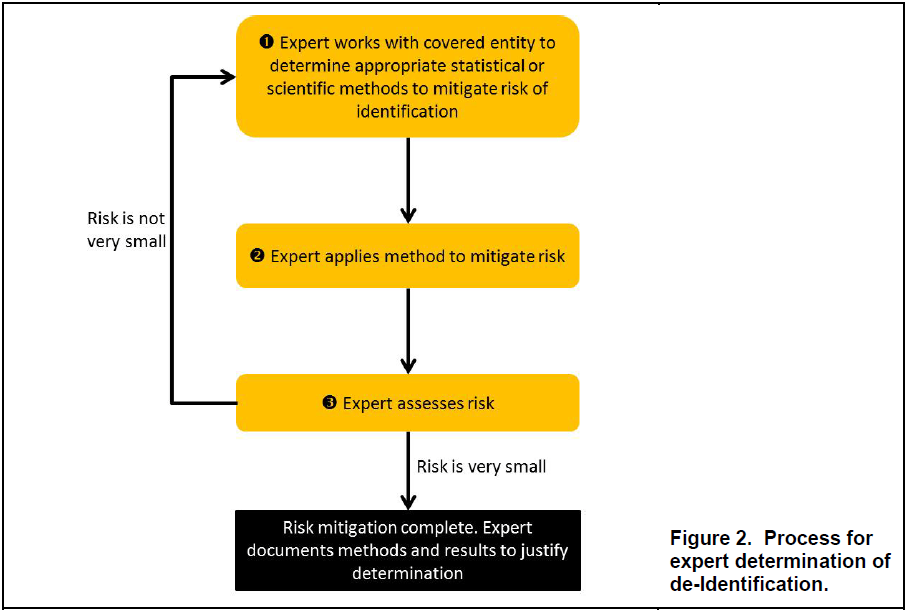Deciding whether “to block, or not to block” health information based on an exception laid out in ONC’s Final Rule can quickly turn into a Shakespearean tragedy unless Actors understand in advance the specific criteria that must be met in order to satisfy any such applicable exception.





